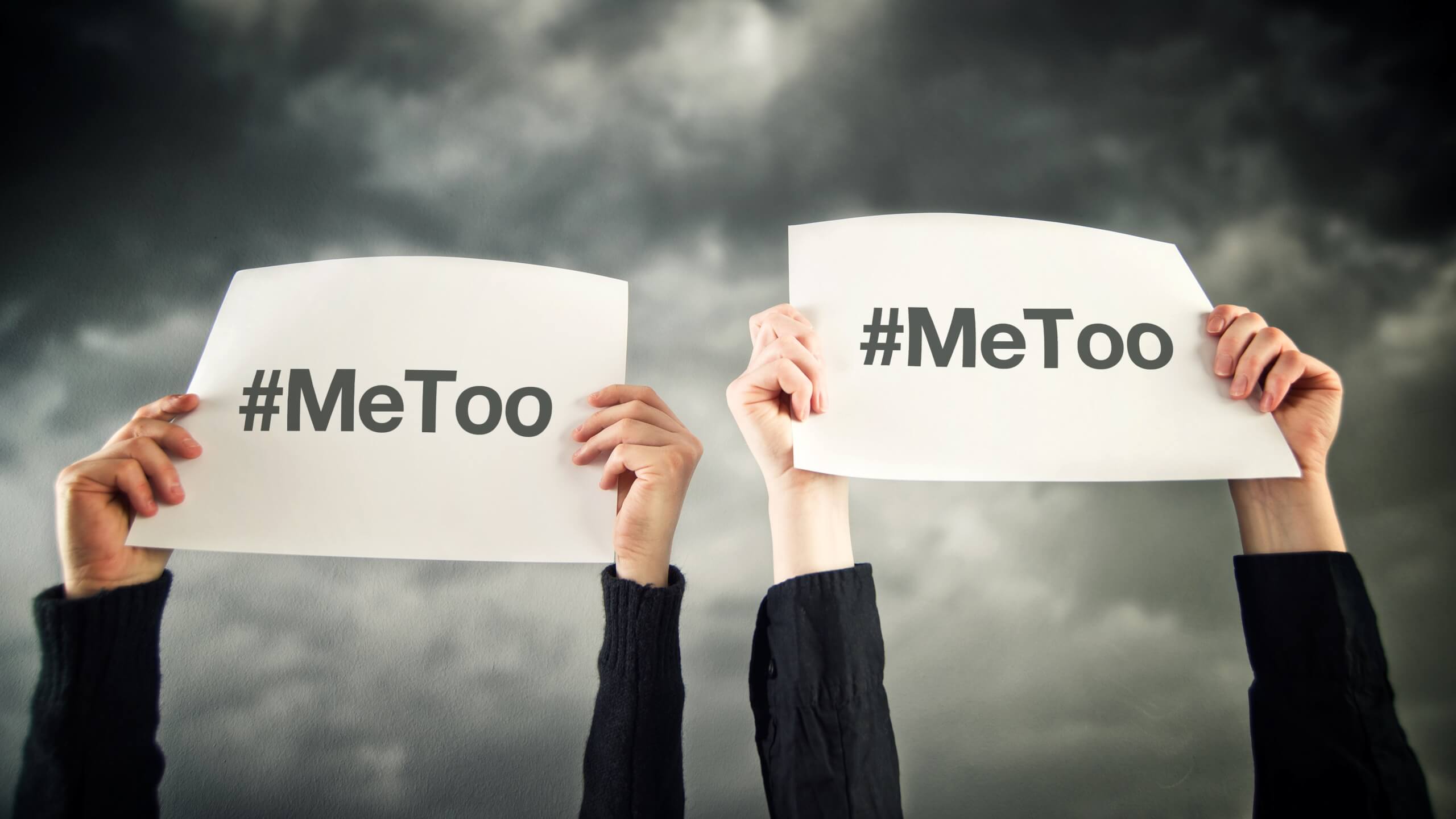It all began since 25 September 2018, when actor Tanushree Dutta accused actor Nana Patekar of sexual assault on the sets of 2008 film Horn Ok Pleasss, courageously shared her story multiple times with media and is still fighting for action to be taken. What followed was an endless list of sexual harassment cases sprouting up, involving big names from the film and media industry. The allegations snowballed into a powerful movement called #MeToo, already in progress across the globe, but this time particularly in India. While, the country was still hailing the Supreme Court verdicts on a number of cases, that involved women and gender issue as a whole, the #MeToo movement was discerningly charging up the social media users for addressing the hypocrisy and misogyny among the ‘established’ in the Indian film and media industry. The troubled women fiercely sharing their stories, overcoming all fears, leave us pondering over the revolutionary atmosphere formed in the country that goes way beyond women empowerment.
Talking about the element of feminism in adjudication, at the India Habitat Centre, Justice D.Y. Chandrachud said, “Law does not operate on pre-existing gender realities. It attributes to the construction of gender identities.” From banning instant Triple Talaq to allowing entry of menstruating women in Sabarimala temple, from decriminalizing section 377 to recognizing the role of women in its judgment on adultery, the Supreme Court of India has indeed, in recent times, upheld this principle of contributing to the construction of gender identities in the society. The constitutional values of liberty, equality and dignity of an individual are definitely the primary values that need to be weaved into the social fabric in India and the Supreme Court’s repeated emphasis on it above all, takes the process a step forward. Yet again, it becomes a serious concern that laws just do not exist for nominal sake without its effective implementation because accessibility to the court of justice for all women in India is another major question.
Today, the #MeToo, #TimesUp, #Ibelieveyou has undoubtedly shattered the bottled souls of countless women who have been a victim of sexual harassment and against persistent misogyny predominantly under the so-called ‘powerful’ men. When it comes to the dignity of a woman, the narrative goes far beyond workplaces, authority and established positions. No matter how educated a woman is and outweighs a man in every way; she has to face the harrowing ‘male gaze’ and discomforting behaviour as an everyday struggle. The universal and unsaid power of men is so ingrained that eventually women have started living with it and finding ways to either ignore it or confront it. There are innumerable stories encompassing even the remotest village of the country where every woman is longing for a movement like #MeToo.
Today, social media, particularly Twitter, has become a major platform for women from all fields to voice their ordeals and name the perpetrators. They have tremendously gained the support of men and women both. However, some questions arise, whether the spirit of #MeToo remains confined to the walls of social media and continues to be mainstream? Will, it just remain a trend and cease to exist once other big news stories overshadow it? Will it ever transcend out to voice the unvoiced section of the society where women have little or no idea of technology and potential social media revolutions?
“Transformation requires disruption of existing social hierarchies”, says Justice Chandrachud. A fight against sexual harassment and patriarchy as a whole requires more than just sacking the accused from workplaces and bringing in new laws. For a real change in the existing social system, #MeToo should have no boundaries and must break the contours of accessibility and privilege to address every section of society. Simultaneously, the Judiciary through its judgments must break the existing societal norms as and when the case demands. The stricter implementation of existing laws for women and movements like #MeToo go hand in hand in the process of creating a safer society for women. The concerted efforts of the judiciary and people’s movements like #MeToo have definitely initiated a new age revolution where a woman does not just seek her rights but fights against every such act that encroaches upon her dignity. The seeds for an evolutionary process have been sown, that will demand years of struggle and consistency.
References
Jain, M. (2018). Live Law. ‘Constitution Itself Is Feminist’, Justice Chandrachud On Transformative Constitution & Feminism...Retrieved from https://www.livelaw.in/constitution-itself-is-feminist-justice-chandrachud-on-transformative-constitution-feminism/
Image credit: The Telegraph

